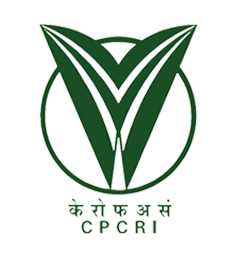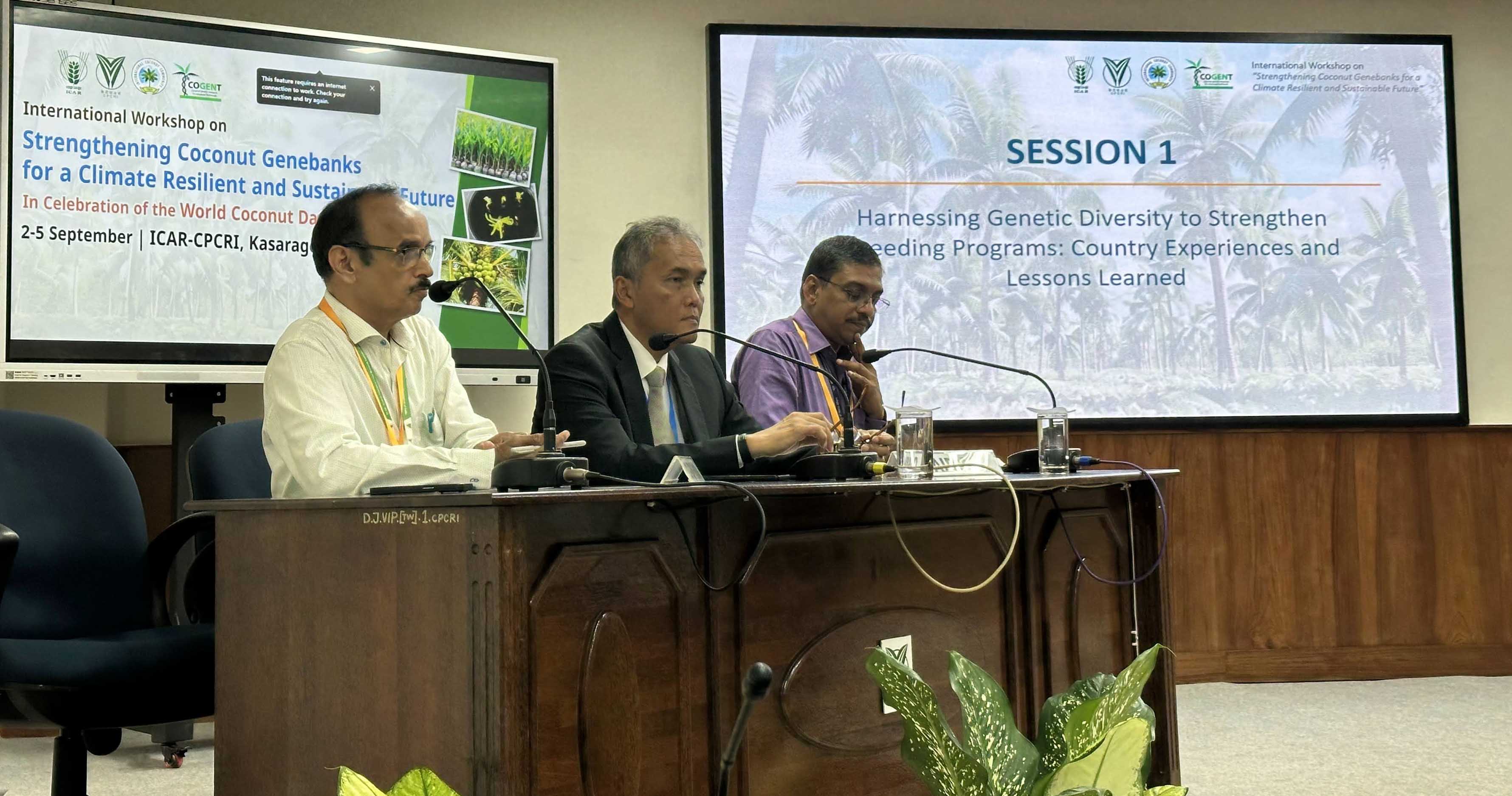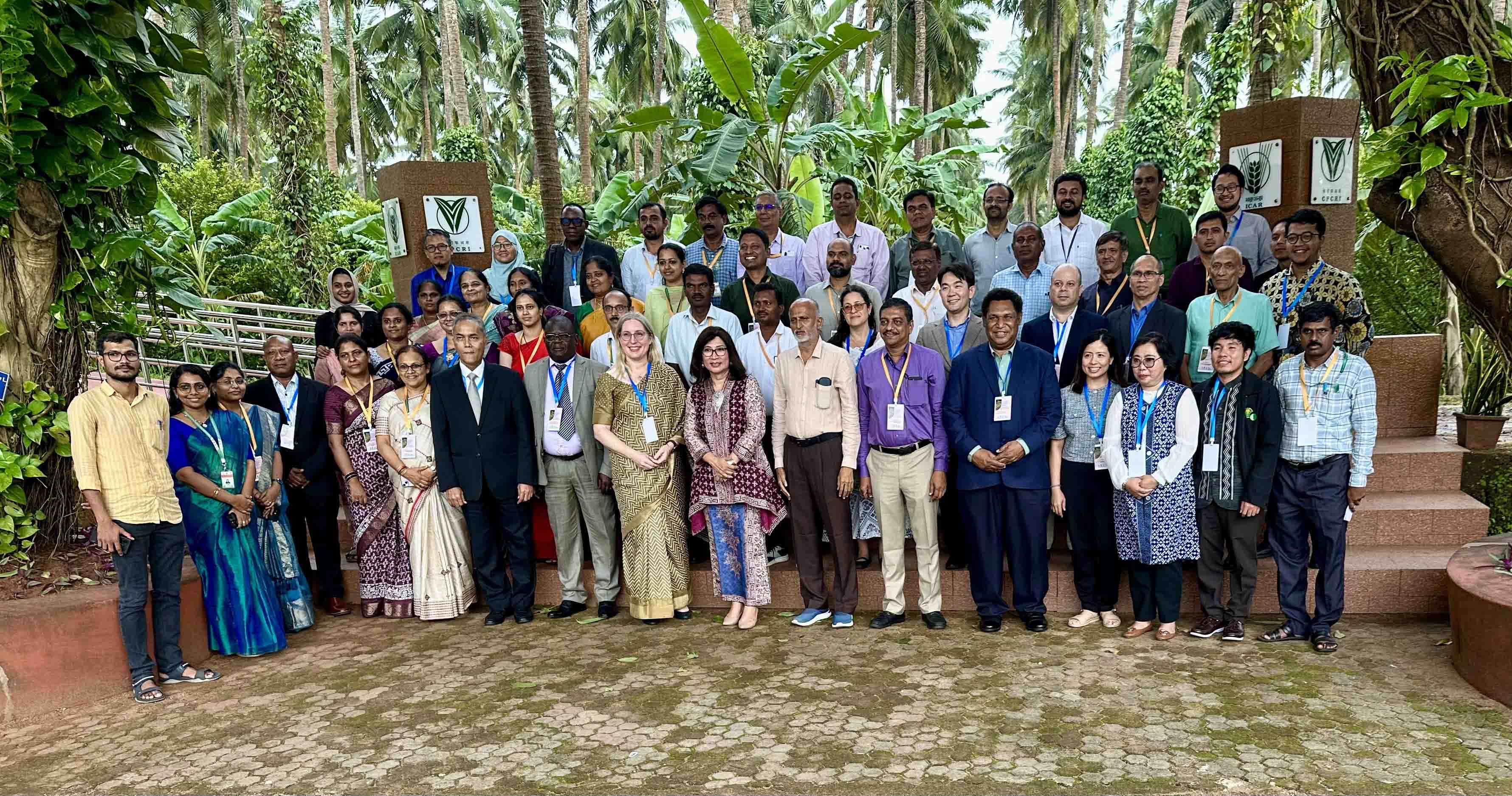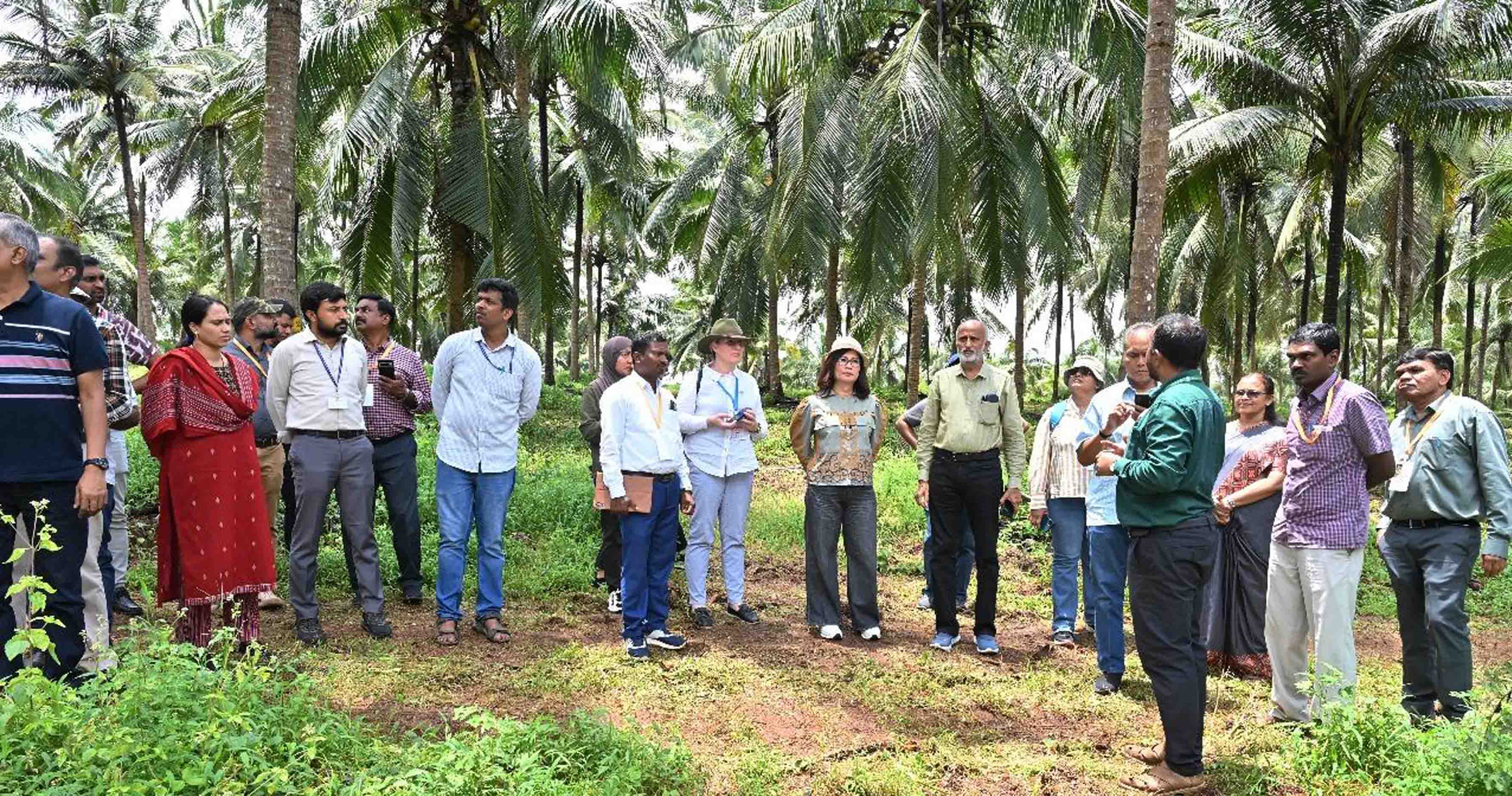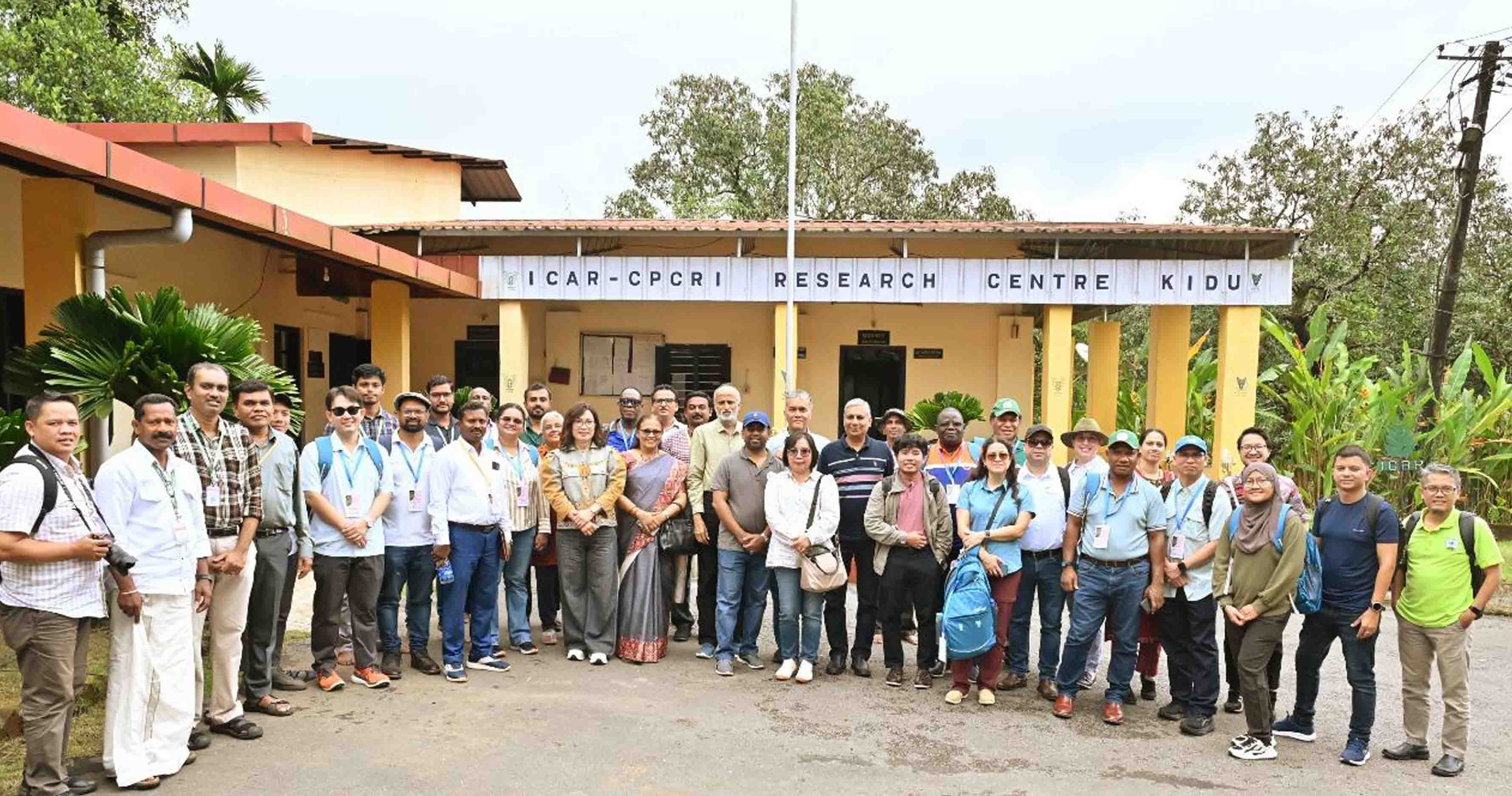International Workshop on “Strengthening Coconut Genebanks for a Climate Resilient and Sustainable Future”
Sep 05, 2025 : ICAR-CPCRI, Kasaragod | Author:Web Admin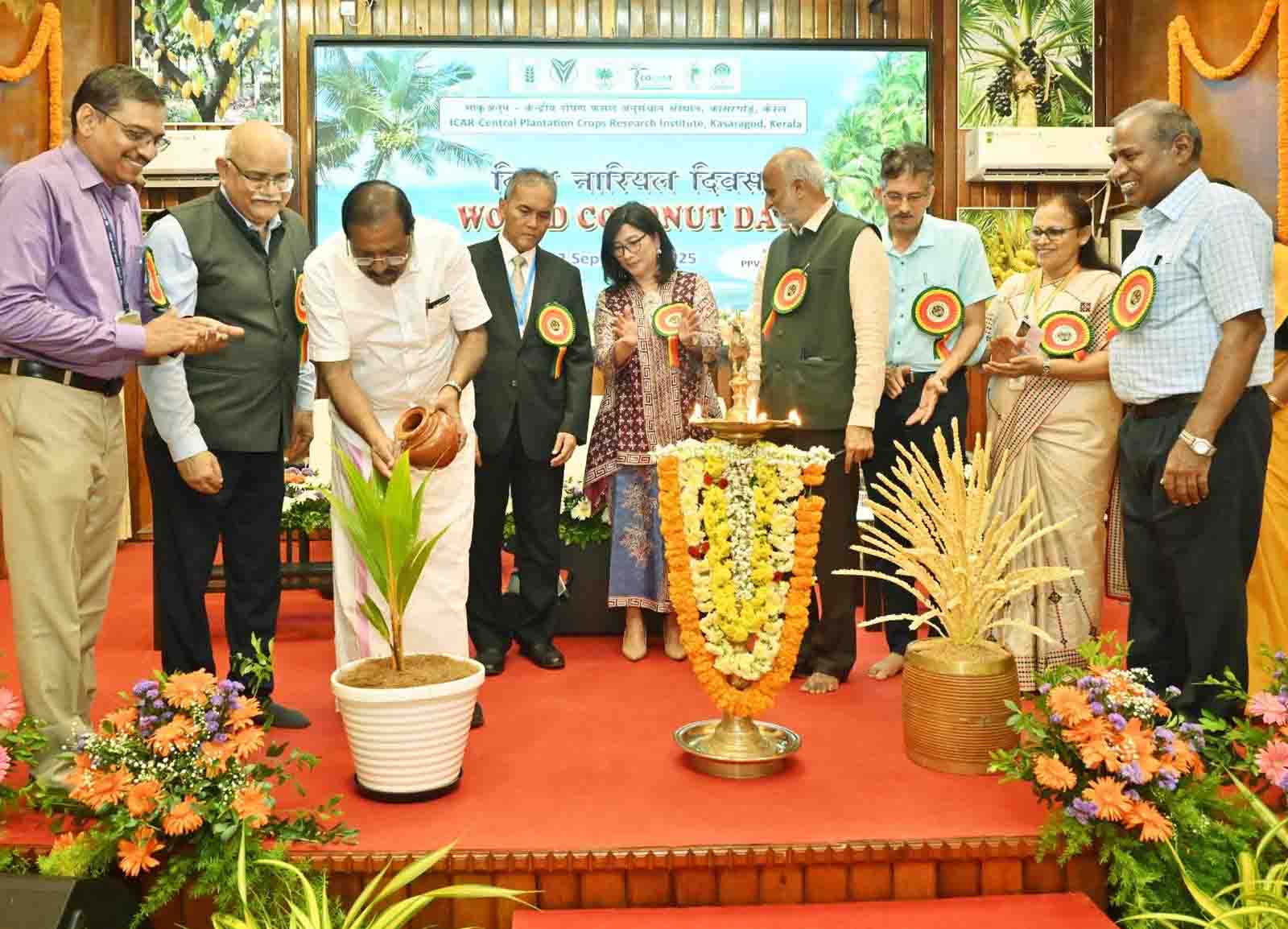
The ICAR–Central Plantation Crops Research Institute (ICAR–CPCRI), in collaboration with the International Coconut Community (ICC), Jakarta, hosted an International Workshop on strengthening coconut genebanks for a climate-resilient and sustainable future. .
The workshop was attended by 25 international delegates from 14 countries, including Dr. Jelfina C. Alouw, Director General of ICC, and H.E. Ambassador DiarNurbintoro, Director of the Non-Aligned Movement Centre for South-South Technical Cooperation (NAM-CSSTC), Jakarta, Indonesia, along with several leading researchers and representatives from the Crop Trust and FAO. National participants, numbered around 42, and included researchers from ICAR institutes, State Agricultural Universities (SAUs), entrepreneurs, and officials from developmental agencies engaged in coconut R&D, Coconut Development Board and State Department of Horticulture. In addition, many of the ICC-COGENT ITAG (International Thematic Action Group) membersjoined on-line and participated in the technical sessions. The inaugural function, held on 2 September 2025 to coincide with World Coconut Day, was graced by Dr. S. K. Singh (DDG–Horticultural Sciences, ICAR) and inaugurated by Shri. RajmohanUnnithan, Hon’ble MP, Kasaragod. The workshop was co-ordinated by Dr. K. B. Hebbar, Director, ICAR–CPCRI andDr. Niral V., Head, Division of Crop Improvement, ICAR-CPCRI, while Dr. SV Ramesh,Senior Scientist, ICAR–CPCRI Kasaragod and Dr.Diwakar YSenior Scientist, ICAR–CPCRI Research Centre, Kidu served as convenors.
The four-day program, had national as well as international experts as resource speakers and panelist and featuredcountry reportson current status of germplasm collection and utilization ingenebanks, technical sessions, panel discussions, and field visits, focusing on:
The main recommendations from the workshop includethe following.
This workshop marks a significant step toward ensuring that coconut genebanks remain sustainable, resilient, and accessible, supporting future generations with robust scientific and institutional frameworks.

